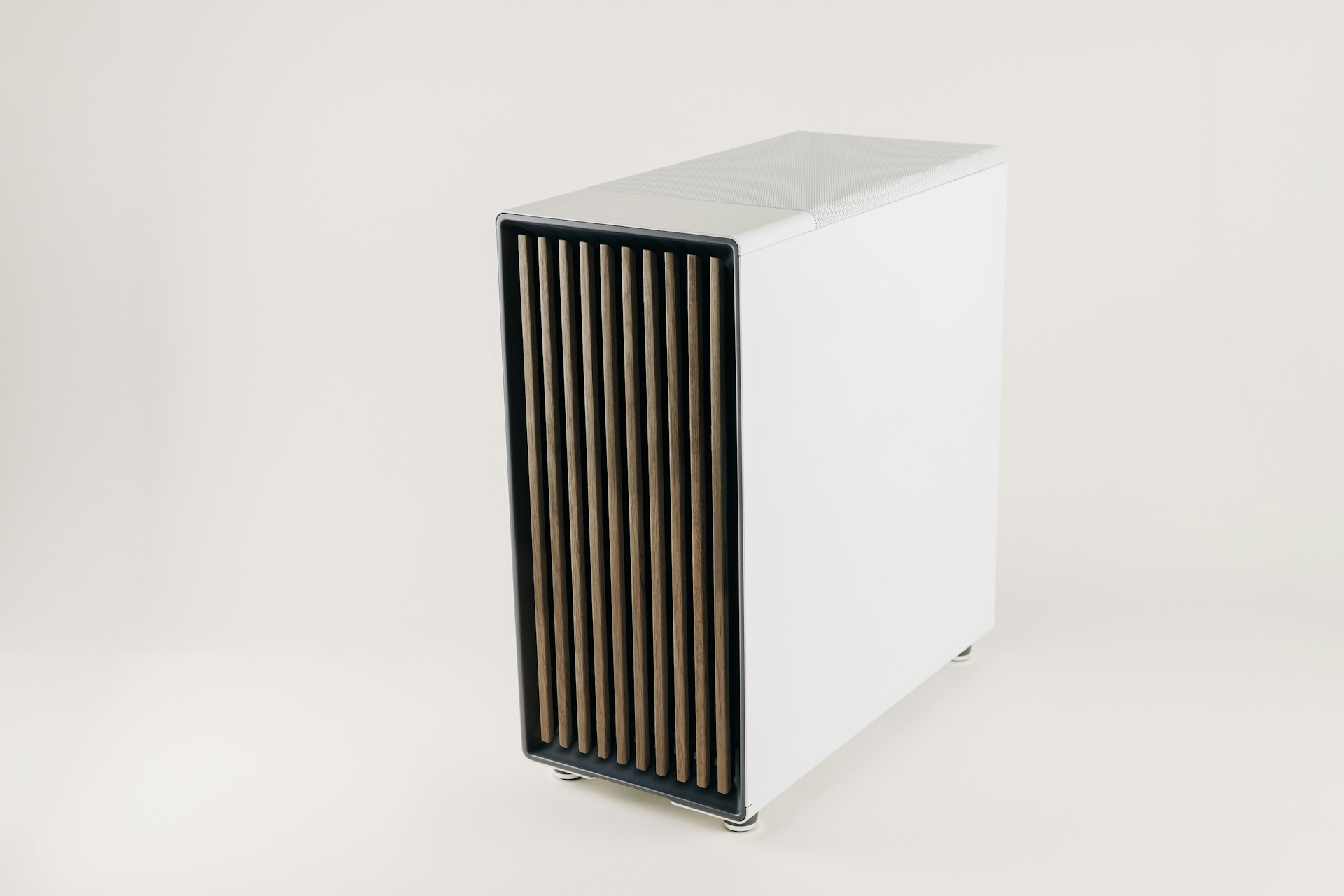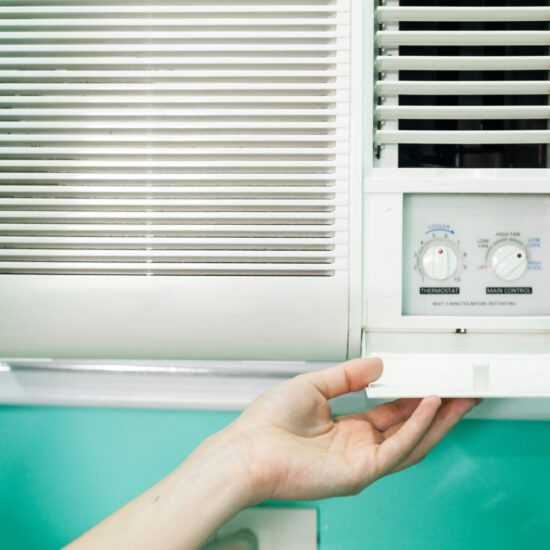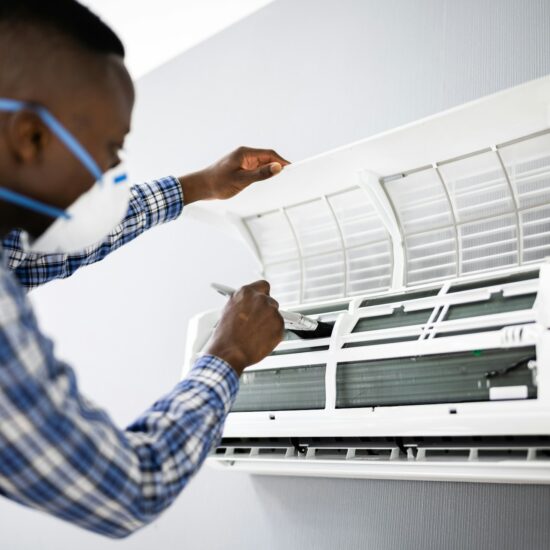Selecting the right residential HVAC system can greatly enhance your living experience. You need to consider factors like efficiency, size, and features that cater to your specific needs. With the right system in place, you can achieve optimal comfort and improve the overall air quality in your home.
Regular maintenance of your HVAC system is essential to its longevity and effectiveness. You should prioritize routine checks to keep it running efficiently and prevent costly repairs. Knowledge about your HVAC system will not only save you money but also ensure a healthier living space for you and your family.
Fundamentals of HVAC Systems
Understanding the key components and principles of HVAC systems is essential for effective climate control in residential and commercial spaces. This section covers the primary components, types, and fundamental heating and cooling principles of HVAC systems.
About HVAC Systems
Types of HVAC Systems
There are multiple types of HVAC systems to serve various needs. The most common include:
- Central Air Systems: Utilize a central unit to cool or heat the entire building through ducts.
- Ductless Systems: Provide flexibility by eliminating ductwork, making them ideal for older homes.
- Split Systems: Consist of an indoor and outdoor unit, often used for air conditioning.
- Hybrid Systems: Combine gas and electric power for more efficient heating.
Each system has its advantages based on building size, insulation, and climate, allowing you to dictate a HVAC solution that serves your specific needs.
Heating and Cooling Principles
HVAC systems operate on fundamental principles of heating and cooling. The heating process typically involves:
- Fuel combustion or electrical resistance heating.
- Distribution of warm air or water through ducts or radiators.
Cooling involves removing heat and moisture from indoor air. The air conditioning cycle includes:
- Evaporation of refrigerant to absorb heat.
- Compression of refrigerant to release heat outside.
Installation and Maintenance
Installing and maintaining an HVAC system is crucial for ensuring comfort and efficiency in your space. Selecting the right system and following proper installation and maintenance practices can maximize performance and extend the system's lifespan.
Selecting the Right HVAC System
Choosing the appropriate HVAC system for your needs involves considering factors like capacity, efficiency, and size. Begin by assessing the square footage of your space to determine the required system capacity, typically measured in BTUs.
High-efficiency HVAC systems may have higher upfront costs but can lead to significant savings on energy bills. Work with a knowledgeable contractor who can recommend systems tailored to your specific needs. Ask about warranties, as they can greatly affect long-term costs.
Installation Process
The installation process is critical for optimal performance. Begin by ensuring your contractor is licensed and experienced to handle the installation. Discuss installation costs upfront, including parts and labor, to avoid surprises.
Installation typically involves evaluating existing ductwork. If necessary, modifications may be required to improve airflow efficiency. Your technician should accurately size the system to match your home’s requirements, preventing issues like short cycling or insufficient heating/cooling.
After completing the installation, ensure that all components are tested for functionality. A well-installed system should run smoothly, achieving desired temperatures without excessive noise or energy consumption.
Routine Maintenance
Routine maintenance is essential for keeping your HVAC system running efficiently. Schedule regular inspections, typically twice a year, to ensure that your system operates at peak performance.
During these inspections, a technician will check critical components, including filters, coils, and ductwork.
Regular maintenance helps prevent major system failures and can extend the lifespan of both AC units and furnaces.
Keep a record of maintenance visits and any repairs made. This documentation can be useful for warranty purposes and can inform future maintenance decisions.
Energy Efficiency and Regulation
Energy efficiency in HVAC systems is critical for reducing energy consumption and minimizing environmental impact. Various standards and regulations guide the efficiency of these systems, helping you make informed choices. Incentives and rebates can further enhance the financial feasibility of adopting energy-efficient solutions.
Efficiency Standards and Ratings
HVAC systems are rated by several efficiency standards, including EER (Energy Efficiency Ratio), SEER (Seasonal Energy Efficiency Ratio), HSPF (Heating Seasonal Performance Factor), and AFUE (Annual Fuel Utilization Efficiency).
- SEER measures cooling efficiency, indicating how much cooling a system provides per watt of electricity.
- EER applies to peak cooling conditions, reflecting immediate energy performance.
- HSPF evaluates the heating efficiency of heat pumps over an entire season.
- AFUE represents the efficiency of boilers and furnaces.
These ratings help you compare products and select models that meet energy standards set by the Environmental Protection Agency (EPA) and other regulatory bodies.
Environmental Impact
The operation of HVAC systems contributes significantly to electricity consumption and associated greenhouse gas emissions. Energy-efficient systems can minimize these effects, making a positive impact on the environment.
By reducing energy consumption, you can decrease reliance on fossil fuels and lower your carbon footprint. Additionally, energy-efficient HVAC systems often utilize eco-friendly refrigerants, further enhancing their environmental performance.
Incentives and Rebates
In many regions, various incentives and rebates are available for homeowners and businesses adopting energy-efficient HVAC systems. Federal tax credits can make a significant difference in your upfront costs.
For instance, you may qualify for:
- Tax credits for systems that meet specific efficiency ratings.
- Local utility rebates that reimburse part of the installation cost for energy-efficient upgrades.
- Discounts for purchasing smart thermostats, which optimize HVAC operation and reduce energy waste.
Research available programs in your area to maximize potential savings when investing in energy-efficient HVAC solutions.
Indoor Air Quality and Comfort
Indoor air quality directly affects your comfort and health. Proper management of air filtration and humidity levels is essential to create a pleasant living environment. Advanced control systems, including smart thermostats, can further enhance your home’s comfort by regulating temperature and air quality.
Air Filtration and Humidity Control
Effective air filtration is crucial for maintaining indoor air quality. High-efficiency particulate air (HEPA) filters can capture allergens such as dust, pollen, and pet dander, improving respiratory health.
Humidity control also plays a significant role. Dehumidifiers help reduce excess moisture, preventing mold growth and musty odors. Conversely, humidifiers can add moisture, which is beneficial in dry climates or winter months.
Aim to maintain indoor humidity levels between 30% and 50% for best results.
Thermostats and Control Systems
Smart thermostats allow you to monitor and adjust temperature settings remotely. This feature helps maintain consistent indoor climate conditions, enhancing comfort. You can set specific schedules to align with your daily routine, ensuring optimal temperature when you are at home.
Moreover, many smart thermostats offer air quality monitoring. They can alert you to changes in air quality, enabling timely interventions. With adjustable settings, you can manage both heating and cooling systems effectively to maintain desirable indoor conditions according to seasonal changes.




